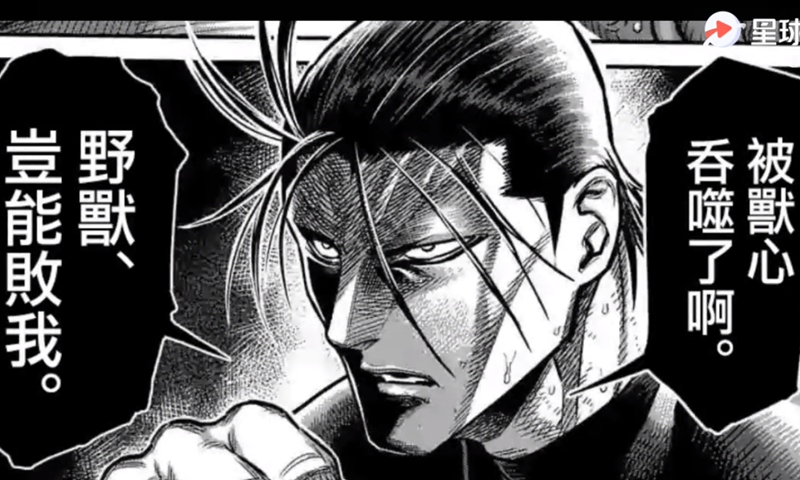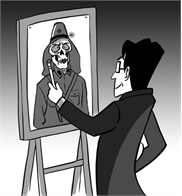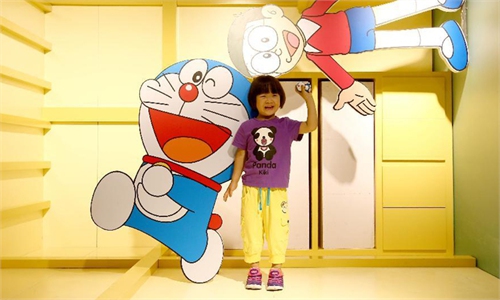ARTS / COMICS
Japanese manga faces boycott for referring to the island of Taiwan as a country

Kengan Omega Photo: Screenshot of Weibo
Kengan Omega, a sequel of the Japanese manga series Kengan Ashura, sparked outrage among Chinese manga fans after its story referred to the island of Taiwan as a country. Chinese observers emphatically pointed that creators should have a baseline in facing and respecting history.
On a recent episode, a new character named Liu Dongcheng, a wushu genius from the island of Taiwan, had a dialogue with his friend from Mongolia.
"You do not seem to have freedom," said the Mongolian friend. "Do I? You haven't been to Taiwan, have you," replied Liu.
These controversial dialogues have ignited the anger of many Chinese manga and anime fans who commented that "the dialogue hints that the Chinese mainland has no freedom and treats the island of Taiwan as a country." Many Chinese netizens urged the author to apologize for the content and called for a boycott of the manga series.
Kengan Omega was first published in January 2019. Since then, it has gained great numbers of fans in many countries including China. The original manga Kengan Ashura was made into a series in 2012 earning a big reputation in the manga industry.
This is not the first time that Japanese manga is involved in a scandal. Another popular Japanese manga series, Jujutsu Kaisen, was criticized for some dialogues inspired in the suicide attacks against the US launched by the Kamikaze, a part of the Japanese Special Attack Units who flew suicide attacks for the Empire of Japan against Allied forces in the closing stages of the Pacific campaign of World War II.
Xiao Fuqiu, a cultural critic based in Shanghai, told the Global Times on Monday that the various incidents in recent years of Japanese manga allegedly insulting China have one thing in common: the authors and creators are suspected of hurting the feelings of the Chinese people on historical issues especially on War of Resistance against Japanese Aggression (1931-45).
The reason behind it can be attributed to some people in Japan that have never thoroughly reflected on their shame and sin of the disgraceful history of the invasion of China. The authors have added some elements that discredit or ridicule the Chinese in their creations or cover up the crimes of the war.
"Although a literary and artistic creation is not equivalent to a historical record and it has the right to be fictional art; however, if it involves some historical details related to other countries, creators should respect the basic facts of history and do not shy away from their own country's history nor deliberately vilify the history and characters of other countries," said Xiao.
"These creators are bewitched by this incorrect consciousness, which is the result of the tampering with historical education and the whitewashing of Japanese actions during World War II by Japanese right-wing forces," Shi Wenxue, a culture critic based in Beijing, told the Global Times.
"Face up to history and truth. To respect history and truth are the bottom line that these creators should abide by first," said Shi.



